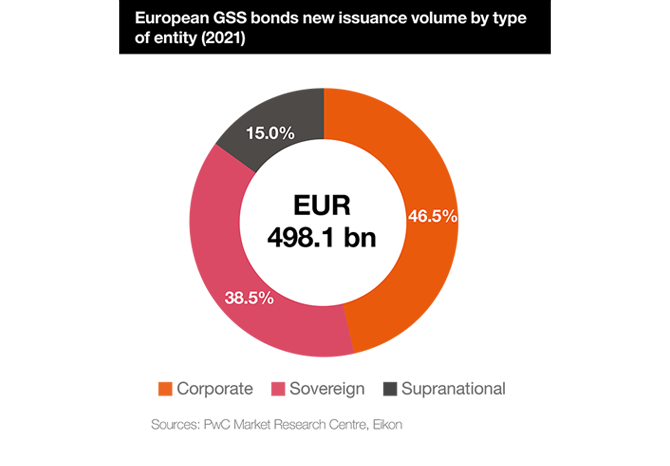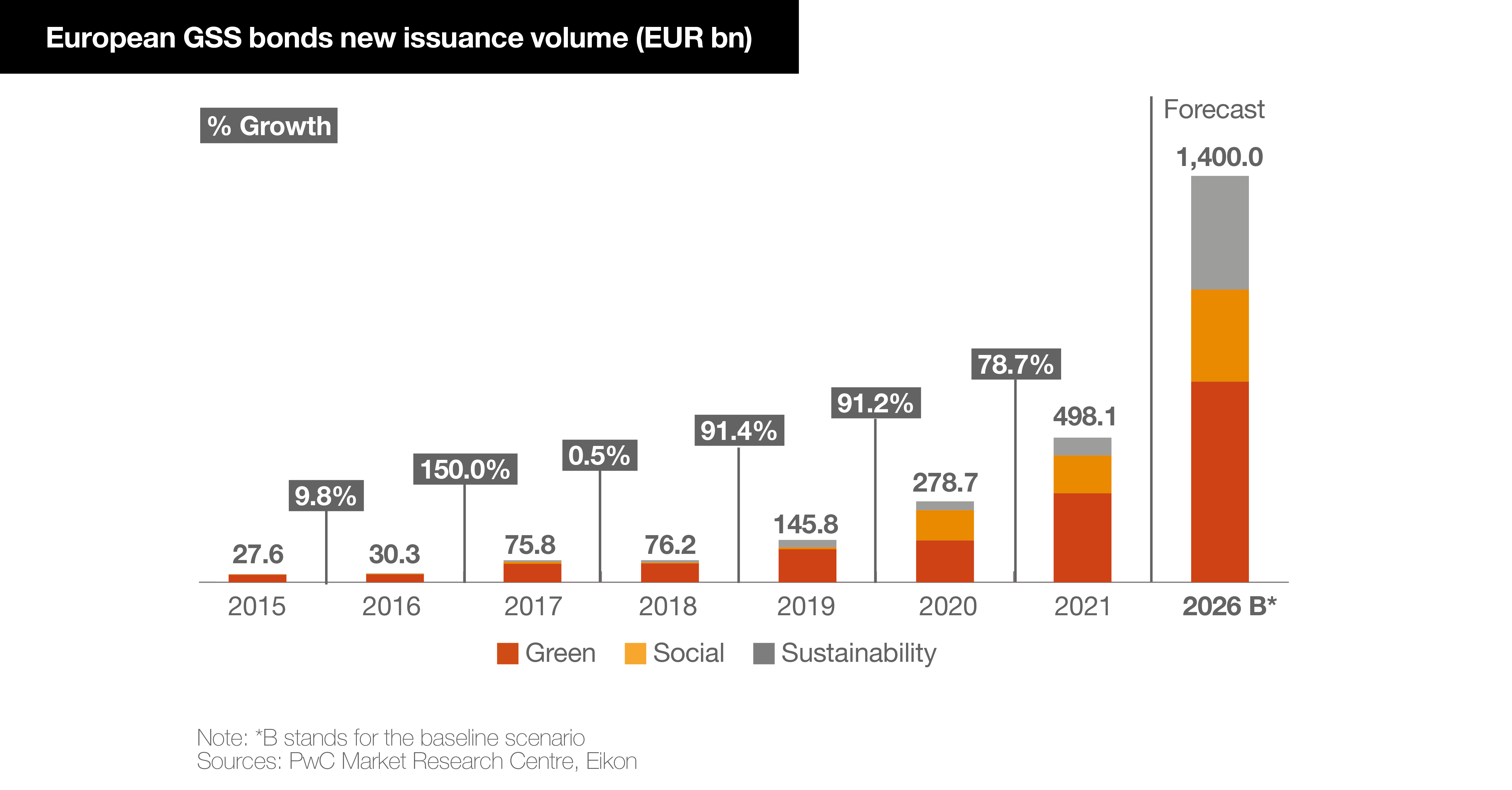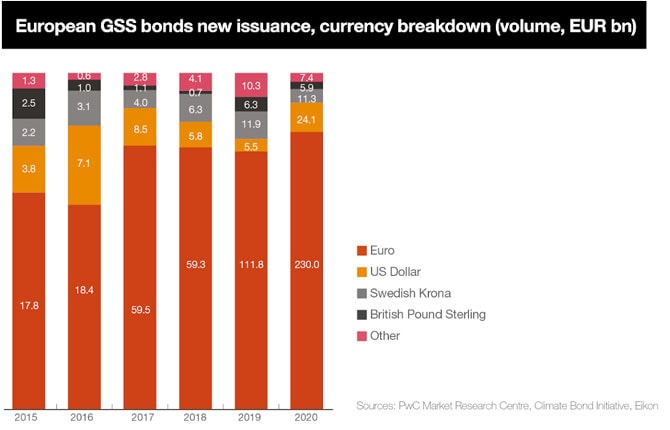Issuers must first define what ‘sustainability’ means to their organisations, and the extent to which they wish to entrench it within their organisational philosophy, business operations, financing strategies and business structure. Developing and elucidating a coherent corporate sustainability strategy is likely to allow the entity a consistent use of proceeds, thus helping create a credible story for capital markets.
"Business as usual"
Under certain circumstances, shifting towards a more sustainable strategy can be a big undertaking: the nature of an industry can itself be an impediment for entities to embed sustainability into their operations. Those in GHGintensive sectors or with a very fragmented value chain can find it very costly to do so. Furthermore, players finding themselves in a financially precarious position will face difficulty shifting towards a long-term sustainable strategy.
As a result, a considerable part of the economy is still considering ESG from a risk and regulatory perspective. However, entities that make no adjustments to their operations, governance or organisational structure may find themselves at a disadvantage. Therefore, GSS bonds should still be considered as a tool to slowly embark on a sustainability transition.
"Selective approach"
A growing number of entities try to seize the business opportunities that have emerged from the ESG revolution. Not committed to rearranging their organisations around an overarching sustainability strategy, companies overlook the importance of putting in place the necessary structures and protocols. Although they may profit from using GSS bonds for specific projects in the short term, entities using a selective approach will not fully reap the benefits of a sustainability transition.
"Sustainable leaders"
What defines a sustainable leader is their ability to transform their entire organisation (financing, operations, etc.) to be aligned with the evolving needs of society. Thanks to this approach, they can take advantage of GSS bonds as a standard method to raise financing for projects that will contribute to the future success of the entity. In the long run, we strongly believe that adopting this approach will position players at the forefront of today’s changing world, guaranteeing future prosperity for the entity as well as society.













